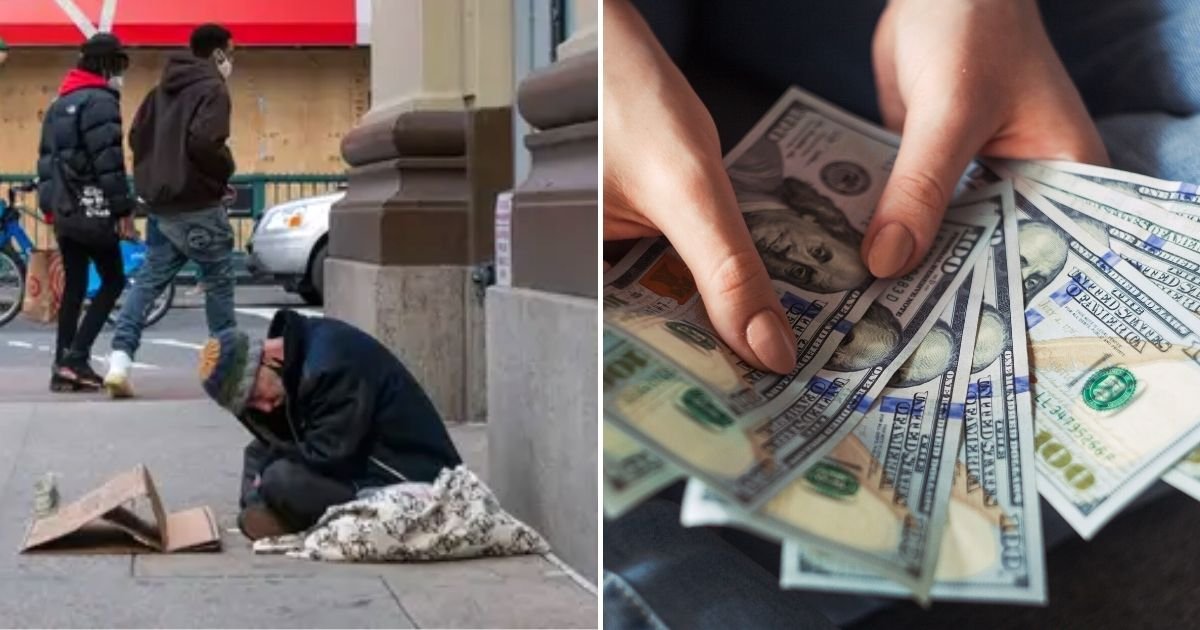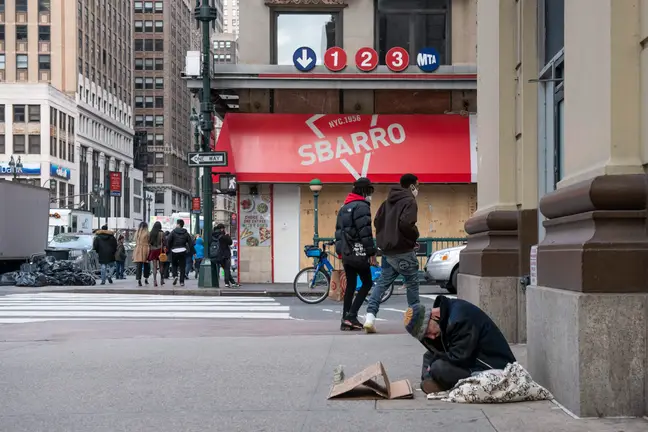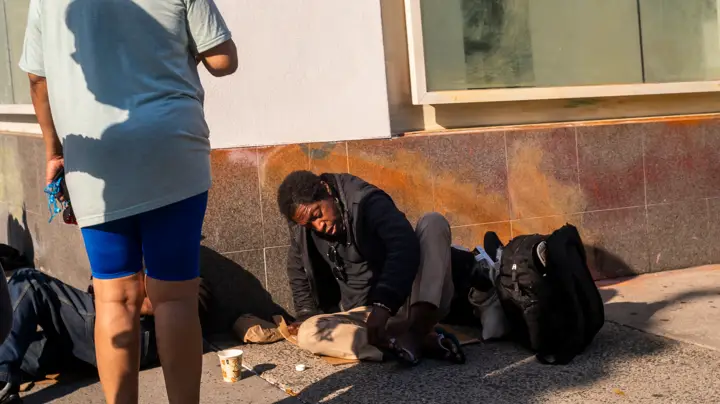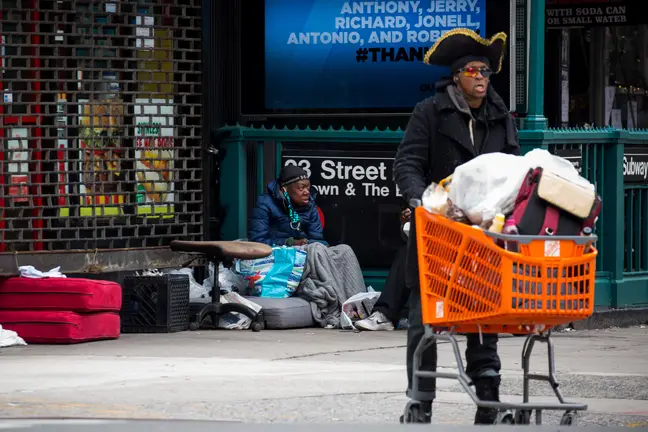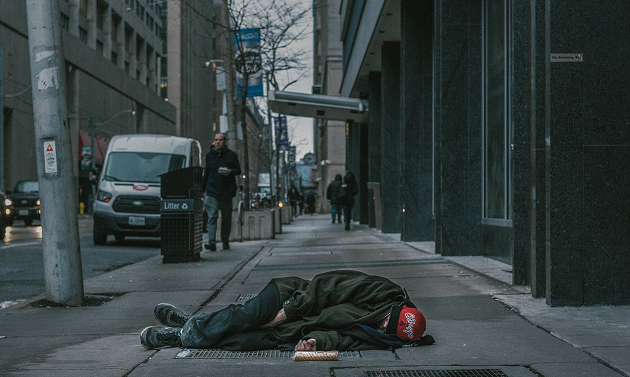Homeless people in New York will receive $1,250 per month as part of an effort to help them find jobs and move out of the streets.
According to reports, the $2.5 million initiative called ‘Trust Youth Initiative’ has been funded in part by New York City.
The effort will start with 40 young homeless people, ‘especially Black, Indigenous, Latinx, and LGBTQ youth,’ the organizers said.
They will be given $1,250 per month for up to two years. In addition, they will also receive bigger payments that they can use to find their own homes.
The ‘outcomes and experiences’ will be compared with other groups receiving a smaller amount of cash and regular access to homeless services, the New York City Hall said.
“The project’s flexible approach aims to improve young people’s stable housing and well-being by providing the means to afford the types of housing they choose and the supports to make investments in their own goals, education, and career development,” the City Hall said in a press release.
The cash allowance will “help uplift young people and reinforces our commitment to ending youth homelessness once and for all.”
First lady Chirlene McCray also said: “New York City is the place many young people from towns and cities across the country look to for hope and a home, particularly LGBTQI youth who disproportionately experience physical and mental health challenges, and higher rates of homelessness and unemployment.”
According to reports, the study has been done by Chapin Hall at the University of Chicago and Point Source Youth, who said that “direct cash transfer programs are supported by a vast international evidence base.”
“Contrary to common beliefs, studies show that cash transfers to people experiencing adversity do not result in money poorly spent, increased substance use, or reduced motivation to work,” the release continued.
“Evaluations have found that recipients mostly spend cash assistance on basic needs, that the financial support has helped people engage in education and productive employment, and that these programs tend to reduce risky behaviours and negative health outcomes.”
What are your thoughts on this? Let us know in the comments section and SHARE this story with your friends and family!


